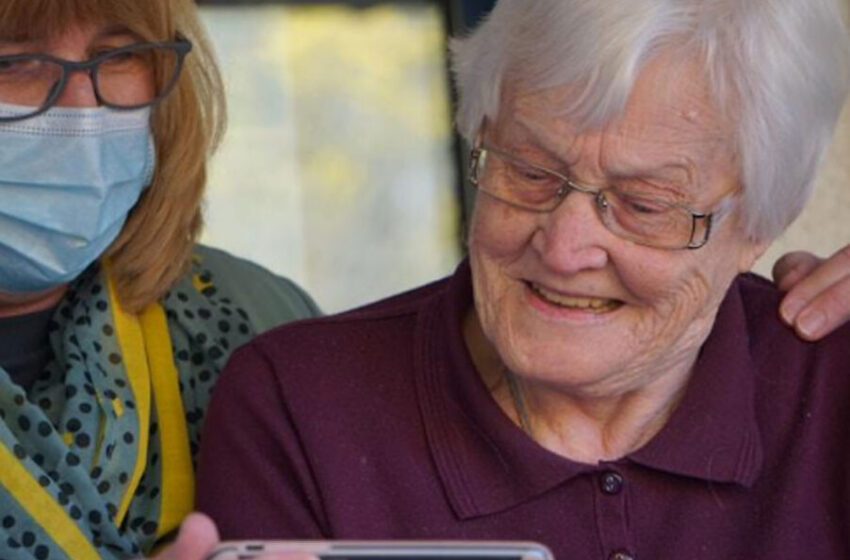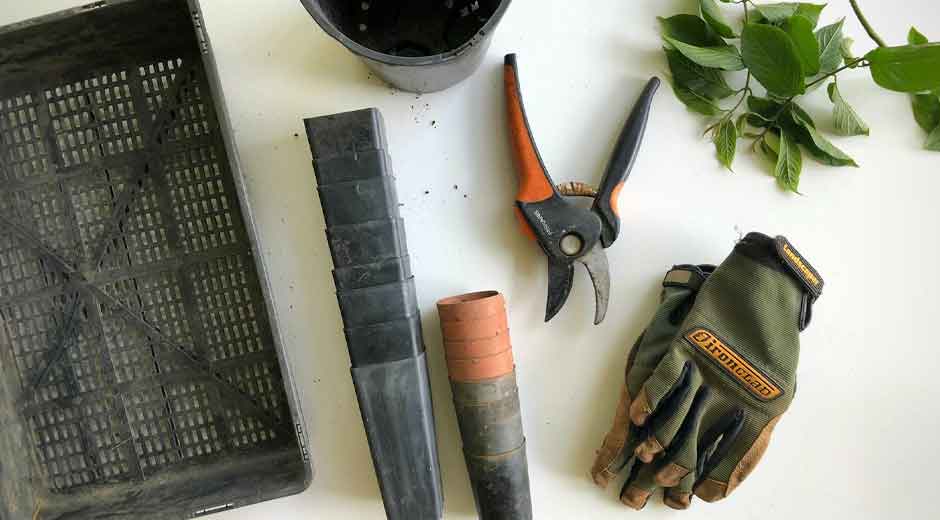The Essential Role of Nurses in Senior Home Care

With the elderly population expanding, additional families are choosing home care options to guarantee their relatives optimal care. Nurses serve a crucial function in elderly home care, providing clinical knowledge, psychological assistance, and help with routine activities. Their involvement allows seniors to preserve autonomy and access individualized attention in their familiar surroundings. This piece examines the various methods nurses support home care, utilizing actual situations to demonstrate their essential contribution.
Assisting with Daily Activities
Nurses support seniors’ personal care, movement, grooming, and positional transfers. Beyond direct physical support, nurses evaluate individual capabilities and strive to maintain independence when feasible. They employ adaptive methods and suggest supportive equipment enabling elderly clients to complete tasks independently and safely.
This strategy preserves dignity while enhancing physical capacity and mental function. Nurses also collaborate with rehabilitation specialists to ensure consistent care approaches and maximize mobility and daily functioning outcomes.
Care Coordination and Communication
Nurses are the primary communication center among seniors, relatives, doctors, specialists, and other medical professionals. They keep comprehensive documentation of patient advancement, organize scheduling, and guarantee that every participant of the medical team possesses current details regarding the patient’s condition. This position demands robust management abilities and the capacity to represent patients’ requirements throughout various medical environments.
Numerous nurses who thrive in this organizing position have progressed their professions via an online ABSN program, which successfully delivers the thorough training required to manage intricate healthcare networks. Nurses additionally enable interaction among family participants who might reside in separate areas, keeping everyone updated regarding their family member’s treatment and advancement.
Medication Management and Health Assessments
Consistent health surveillance constitutes the foundation of quality senior home care. Nurses perform thorough evaluations, including vital sign measurements, wound assessment, and physical or cognitive changes. They document symptoms, record health patterns, and relay observations to physicians and healthcare teams.
Medication oversight represents another vital responsibility, as older adults frequently manage multiple prescriptions requiring careful coordination. Nurses maintain appropriate dosing schedules, watch for adverse effects, and instruct patients and families about medication properties and interactions. They also identify early indicators of health decline and arrange timely medical interventions before conditions escalate.
Emotional Support and Family Education
Mental well-being substantially influences seniors’ overall health results. Nurses deliver empathetic emotional support, reassuring during challenging health transitions, and maintaining a consistent presence in seniors’ lives. They attentively address concerns, acknowledge feelings, and assist elderly clients in managing aging challenges, chronic conditions, or independence limitations.
Equally significant is the guidance nurses provide to families. They demonstrate caregiving methods, explain medical conditions clearly, and help families navigate healthcare complexities. This knowledge enables families to deliver improved care while diminishing their anxiety regarding their relative’s condition.
Emergency Response and Crisis Management
During medical emergencies, home care nurses serve as first responders. They possess the training to identify indicators of:
- Stroke
- Cardiac events
- Injurious falls
- Acute conditions
Their rapid assessment and appropriate response can preserve lives, particularly for seniors who may struggle to communicate effectively during crises.
Nurses also create customized emergency protocols for each client’s health conditions and living arrangements. They guide families regarding appropriate emergency service utilization versus physician contact, helping avoid unnecessary hospitalizations while ensuring serious conditions receive timely attention.
Endnote
The complex function of nurses in elderly home care demands a distinct blend of medical knowledge, communication abilities, and flexibility. With the need for residential senior care persistently increasing, these medical experts will stay vital in assisting older individuals to age safely and peacefully in their residences while preserving the highest achievable standard of living.





